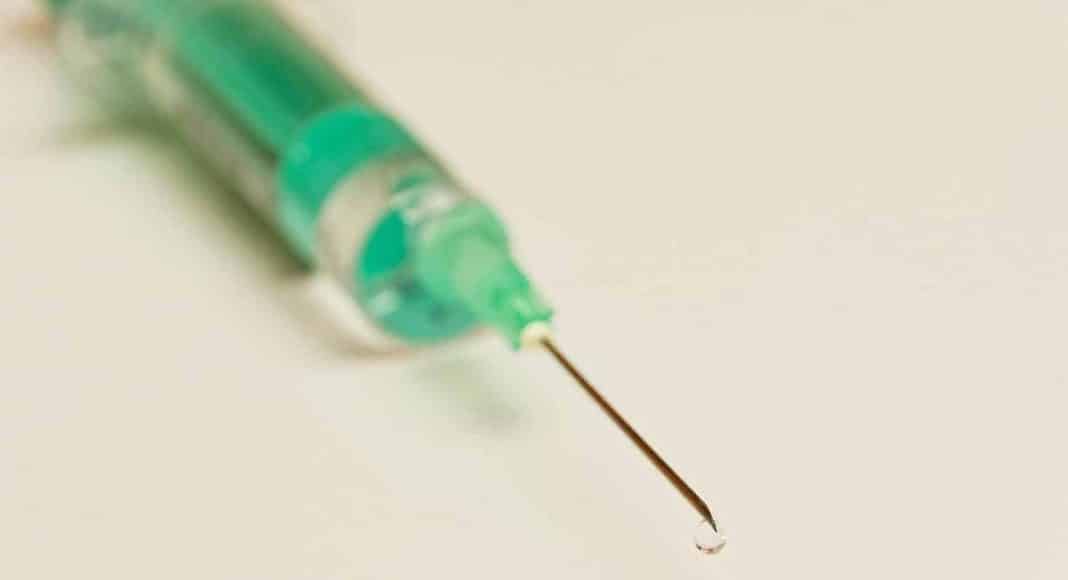Yesterday was International Overdose Awareness Day, a day to commemorate those whose lives were cut short by fatal overdoses. As we remember these loved ones – sons, daughters, sisters, mothers, fathers and friends – let us pledge to shift our approach to drug use from policies that champion enforcement, criminalization and punishment to policies that value life, liberty and humanity.
Below are 5 policy solutions that are proven to prevent fatal overdoses:
1. Increase 911 Good Samaritan Laws & Naloxone Access
The chance of surviving an overdose, like that of surviving a heart attack, depends greatly on how fast one receives medical assistance. By providing limited immunity from prosecution for drug users who seek emergency medical assistance in an overdose situation, 911 Good Samaritan Laws give drug users less reason to hesitate in calling for the help that is necessary for preventing overdoses from turning fatal.As well, increasing drug users’ access to naloxone will prevent fatal overdose. A number of states have already made it legal to buy naloxone over the counter, but that is not enough. Drug users are, oftentimes, the first people at the scene of an overdose. Consequently, they are often in the best position to administer naloxone and reverse an overdose before it becomes fatal. We need naloxone in the hands of every drug user, and that means providing access to free naloxone at syringe exchanges, drug treatment centers, and even jails and prisons.
2. Drug Checking At Syringe Exchanges And/Or Pharmacies
Given the increasing numbers of instances involving the adulteration of heroin and other drugs with fentanyl, there is an even greater reason to increase access to drug checking services. When drug users are able to check their drugs, they are able to make more responsible consumption decisions as well as inform others of the risks of the tested substance.
3. Safe Consumption Services
With over 100 safe consumption service (SCS) sites worldwide, the evidence supporting their efficacy in preventing HIV & Hep C transmissions and fatal overdose is too great to ignore. SCS are places that drug users can take their pre-obtained drugs to use in a monitored setting where service providers do everything from provide sterile consumption equipment to connect users with treatment services to reverse drug overdoses. We need to increase and support efforts to establish SCS across the country, such as in Seattle and San Francisco, where organizers are moving forward with plans to open SCS sites. As well, California’s groundbreaking legislation, AB 186 (Eggman), which is currently up for vote in the CA Senate, would make CA the first state to authorize SCS through state legislation. Efforts such as these need to be championed as we find alternative ways to combat overdose.
4. Heroin-Assisted Treatment (HAT)
HAT programs provide substantial benefits to long-term heroin users who have not been responsive to other treatment. Studies have shown that those enrolled in HAT demonstrate a reduction in drug use and an improvement in overall physical and mental health. As well, by being administered unadulterated heroin, we minimize the risk of fatal overdoses that happen as a result of unknown drug combinations and potencies.
5. All-Drug Decriminalization
All drug decriminalization is the elimination of criminal penalties for drug use and possession, as well as the elimination of criminal penalties for the possession of equipment used for the purpose of introducing drugs into the human body, such as syringes. Decriminalizing drugs would improve the cost-effectiveness of limited public health resources, create a climate in which people who are using drugs problematically have an incentive to seek treatment, and remove barriers to the implementation of practices and policies that reduce the potential harms of drug use, such as drug checking and sterile syringe access.
Morgan Humphrey is a policy coordinator for the Drug Policy Alliance, based in California.


